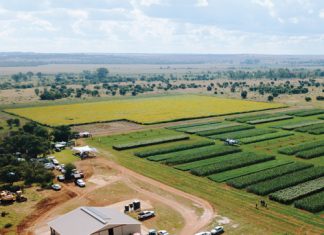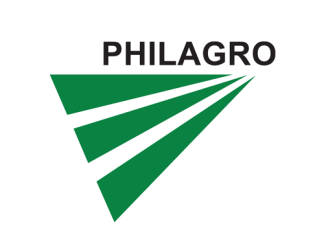In 2020, the European Union (EU) adopted a set of policies aimed at making the EU ‘climate neutral’ by 2050, all under the so-called ‘EU Green Deal’. There are several initiatives that are covered by the umbrella EU Green Deal, but the ‘Farm to Fork’ strategy is one that is of greatest concern to the South African agricultural economy.
CropLife SA members are of course involved in primary agriculture and the industry association is therefore looking closely at this strategy and the potential negative impacts it may have on South African producers.
It is worth listing a few key aims of the Farm to Fork strategy:
- Making 25% of EU agriculture organic by 2030.
- Reducing the use of pesticides by 50% by 2030.
- Reducing the use of fertilisers by 20% by 2030.
- Reducing the use of antimicrobials in agriculture by 50% by 2030.
Concerns
At face value, having goals for food production activities within the EU conducted in a more sustainable and climate-friendly manner seems like a wonderful policy and one that should be embraced by all. However, as the old saying goes, the devil is in the details.
The key detail that currently causes concern for CropLife SA is the so-called ‘mirror clause’ that is now included in the Farm to Fork strategy. The mirror clause was introduced as a form of reciprocity with the aim of creating a level playing field for EU producers (meaning any constraints for EU producers must be equally applied to producers in countries from where agricultural produce is imported into the EU), whilst also encouraging sustainable food production methods in other parts of the world.
Why would the mirror clause pose problems for South African producers?
An example of where the mirror clause would cause trouble for South African growers relates to the removal of certain pesticide active ingredients from the EU market. This will happen due to the aim of the Farm to Fork strategy of reducing pesticide use by 50%, but also because some pesticides are considered unnecessary for EU agriculture. South Africa has a different climate to much of the EU, it has agricultural production that is not always possible in the EU (sub-tropical fruits for example) and South African producers must fight pests that are not present in the EU.
The removal of certain pesticides from the EU market will mean that their import tolerances (allowable residues of pesticides) will probably also disappear, meaning South African producers will not be able to use those affected pesticides in their local production processes. This is hugely disadvantageous to local producers whose pest-crop combinations do not exist in the EU and whose need for pesticides differs from that which is required in the EU.
As the EU removes pesticides from its market to reach the goal of a 50% reduction in pesticide use by 2030, pesticide manufacturers will need to keep pace with the loss of older pesticides by introducing new plant protection solutions that are compatible with EU standards. Unfortunately, the regulatory process for the approval for use of new plant protection solutions in South Africa is very protracted. This means that South African producers are going to lose many pesticides from their toolbox without having the concurrent registration and introduction of new plant protection solutions to use on their farms for pest control. The competitiveness of local producers is going to be reduced as well as the attractiveness of the EU as an export destination for agricultural produce.
Actions
The African Union (AU) and the EU need to be made aware of the potential unintended consequences that the Farm to Fork strategy could have on South African (and African) producers. For this reason, CropLife SA is hosting a hybrid conference on 24 November 2022 to look at the potential impact of the overall EU Green Deal on South African producers.
This event’s aim is to provide an EU Green Deal update to all stakeholders in primary agricultural production targeting the export of produce to the EU, with the view to having potentially affected stakeholders’ concerns heard by local government officials, the AU and the EU itself. The EU must take into account any negative impacts on the ability of South African producers to produce and export their crops according to local conditions and the local regulatory environment. To register for the conference, visit croplife.co.za/ConferenceRegister.



















